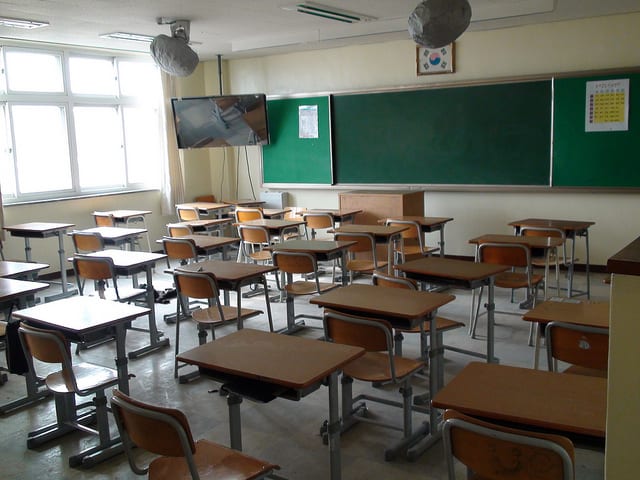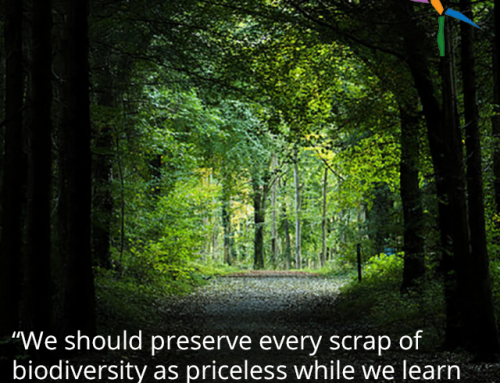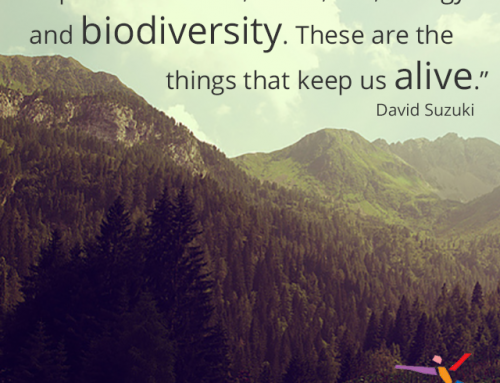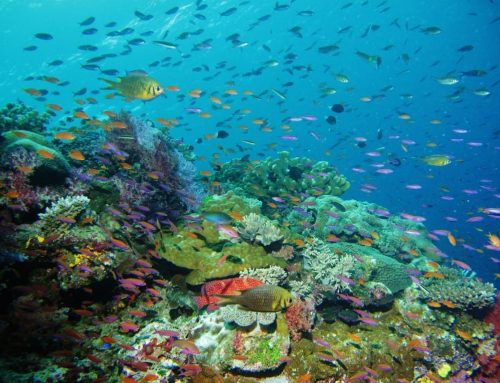We get it. For many high school students, being green isn’t the top priority. Particularly in today’s day and age, there’s so much stress for your average high schooler that the state of the planet isn’t on the top of the list. Grades, college, social commitments, extracurricular activities, bullying and surviving the internet era fill up a great deal of brain space for an average high schooler, and rightfully so. But you may be surprised how easily you can make some quick changes that will take your high school career from carbon footprint central to eco-friendly. And trust us, you’ll thank us later when you have a planet to live on!
1. Don’t Drive to School
We know, we know. It’s every teenager’s dream to drive his or her own car to school. We feel you. We do. But there’s no greater instant carbon footprint maker than individual drivers in individual cars. Even a driver with multiple passengers is still a bigger carbon footprint than taking the bus provided by your school, using public transportation or, if possible, walking. We know that driving is an important right of passage, and we understand if you don’t want to give it up entirely. You can always limit your carbon footprint by only driving once or twice a week!
2. Pack a Lunch – A Sustainable Lunch
While many school cafeterias have shown great progress on making their in-school food programs more local and sustainable, there’s still a long way to go. And many cafeterias haven’t made any progress at all. Packing your lunch can be a great way to reduce carbon footprint. Just be sure to use reusable containers and try to avoid single-package servings. Need a primer? We have an entire guide to sustainable packed school lunches.
3. Start a Club and Educate Others
There’s no better way to improve the planet than to band together with others and use the power of groups to motivate and actualize change, not to mention educate. Be the person who organizes an environmental club at your high school. Not only will it be fantastic for the planet, it will also look great on a college application. Not sure where to start? Not to worry. We have a guide for that, too!
4. Recycle Well, Everything
Being in school creates so much waste, and so much of it is recyclable. Especially if your school isn’t full of technology and/or has a no smartphones or tablets rule, think about how much paper waste you generate each year. Then think about how many bottles of water or cans of soda you consume at school. It all adds up. Make sure you recycle everything you can. If your school doesn’t have recycling bins (though we can’t imagine that), then keep a bag in your locker and take it home with you to deposit in your personal recycling bins at the end of each week.
5. How Much “Stuff” Do You Need to Be Cool?
We think this is the second most important one of the bunch (the first being to not drive yourself to school). It’s also probably the second least popular one of the bunch (the first being not to drive yourself to school). We understand that, particularly in high school, so much social status is derived from the stuff you have, the brands you wear and how cool the things you own are. In fact, it’s not just about social status, it’s about identity. We also understand that it takes years of living and, yes, adult wisdom, to realize that social status and identity have nothing to do with “stuff.” But do you know what does have a lot to do with “stuff?” Pollution and climate change. It’s okay to want “stuff.” Just be mindful of how much you want or need and what you’re just buying for status. And then think about whether the status is worth the impact on the planet.
6. Care About Science
We want you to care about school in general. Knowledge is important. But probably the most critical part of figuring out how to save the planet is to understand the science behind how the planet works. We know that science isn’t everybody’s bag, but you need to approach your science classes with the idea that the knowledge you gain there may be a difference maker for you later. Even if your family or personal beliefs are different than what you’re being taught in science class, you need an understanding of the facts and basics to be a part of the conversation later. Embrace science. The more people who do, the faster we’ll find solutions to the things that challenge us.
7. Digitize. Sometimes.
Digitizing isn’t always the answer. Electronics have their own carbon footprint, after all. However, we do encourage you to think critically about places where doing things electronically may be a more eco-friendly choice than using paper. Of course, this assumes that your school allows portable electronics, which not all schools do. Again, this requires some critical thinking. But sometimes digital can be planet-friendly!
Did we miss an idea on how to be an ecofriendly high school student? Tell us about it on the social media channels below.
Facebook | Twitter | Instagram | Tumblr | Pinterest | Google+ | Medium
Photo Credit: Schplook via Flickr





